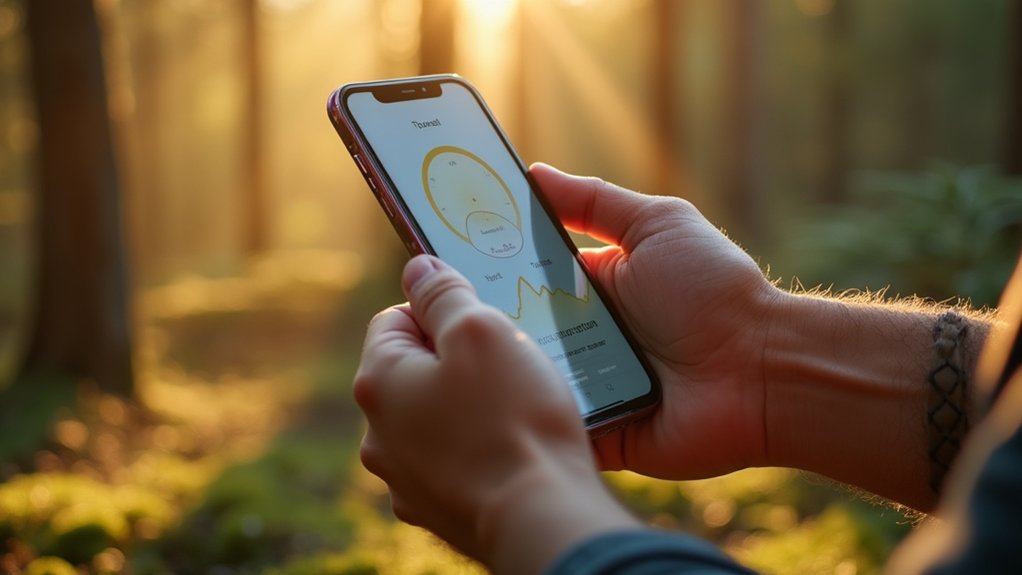In an era where Silicon Valley executives routinely pivot from social media disruption to wellness optimization, Jack Dorsey’s latest venture—a UV exposure tracking application dubbed “Sun Day”—represents perhaps the most literal interpretation of seeking enlightenment through technology.
The application, currently available through TestFlight’s beta platform, calculates Vitamin D synthesis and safe sun exposure times using AI-powered algorithms that process real-time UV data alongside user-specific inputs including skin type, clothing coverage, and geographic location. Users can select from six skin type classifications and specify their attire (ranging from “light” coverage like shorts and t-shirts to more extensive options), enabling the system to generate personalized recommendations for outdoor exposure duration.
What distinguishes Sun Day from conventional wellness applications is its integration of location-based UV indexing with physiological modeling—essentially transforming sunbathing into a quantified biometric exercise. The platform provides real-time sunrise and sunset data while calculating individual burn limits, effectively gamifying what previous generations accomplished through intuitive awareness of their solar tolerance.
The development process itself reflects contemporary tech methodology: Dorsey employed Goose, an AI-assisted coding tool, to build the application, which he subsequently released as open-source code on GitHub. This approach enables community contributions while maintaining transparency—a notable departure from the proprietary ecosystems that characterized his previous ventures.
The application’s target demographic appears to encompass individuals with limited outdoor exposure or darker skin tones, populations statistically more susceptible to Vitamin D deficiency. By tracking timed exposure sessions and providing personalized advice based on algorithmic analysis, Sun Day positions itself within the broader preventive health technology sector. The vitamin’s significance extends beyond basic nutrition, as it regulates immune responses and influences mood regulation, making accurate tracking particularly valuable for maintaining overall wellness.
However, the platform requires users to update privacy settings to access full functionality, raising questions about data collection practices despite its open-source foundation. The application harvests location services data, skin type information, and exposure patterns—a potentially valuable dataset for health analytics or pharmaceutical applications. Like many modern applications, Sun Day operates using if/then logic to determine appropriate exposure recommendations based on user inputs and environmental conditions.
Sun Day’s release came just one week after the launch of Bitchat, Dorsey’s peer-to-peer messaging application, highlighting the entrepreneur’s rapid development cycle. Whether Silicon Valley’s quantification of solar exposure represents genuine wellness innovation or merely technological solutionism applied to humanity’s oldest health practice remains an open question.
Nevertheless, Dorsey’s venture illustrates how AI-powered health tools continue expanding into previously analog domains of human experience.





